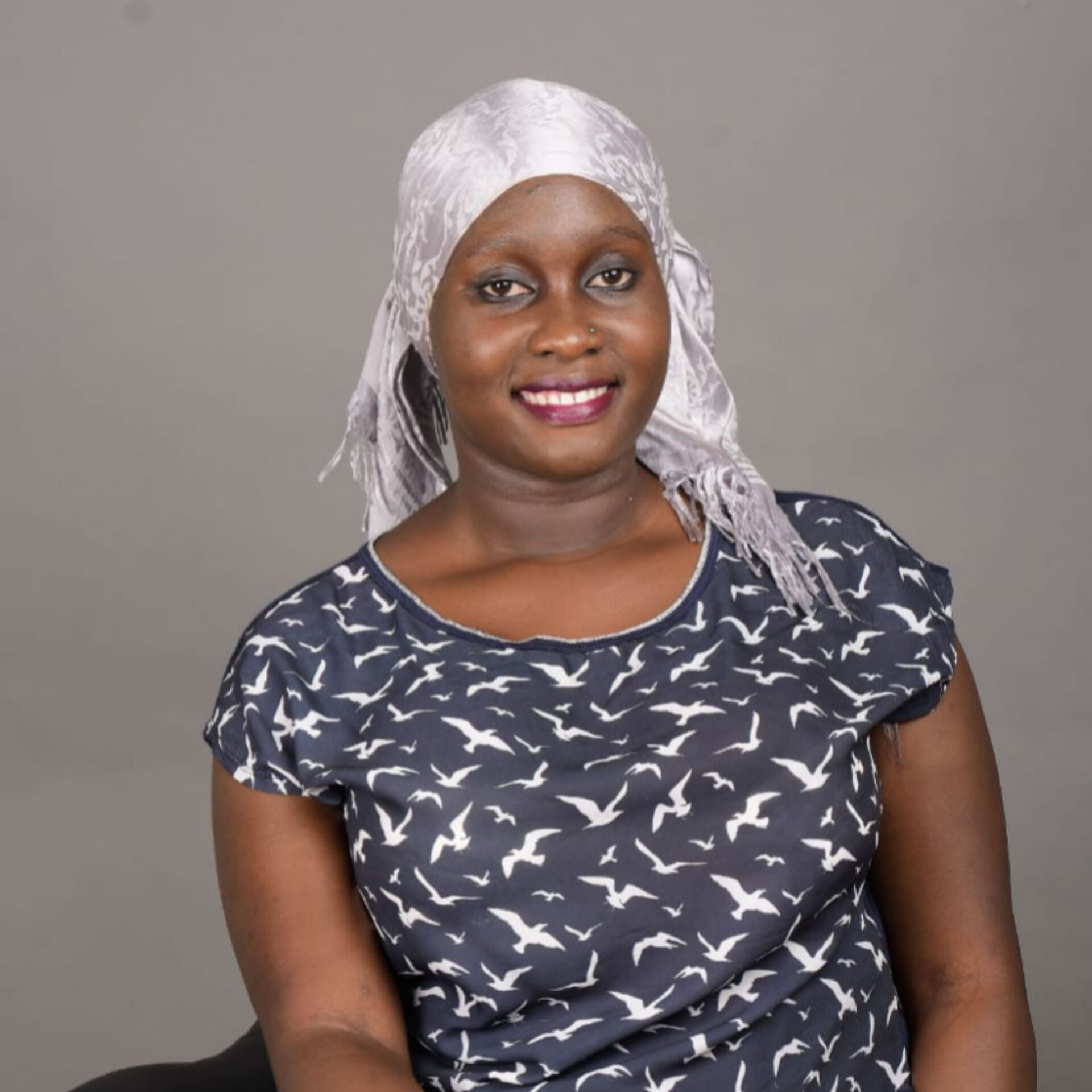#IWD2023 Series: “Social media helps amplify advocacy efforts by reaching more people within a short time.”

In celebration of International Women’s Day, we interviewed three young women who have adopted digital platforms including social media to advocate for young people’s access to sexual reproductive health information and services including contraceptives.
Meet Rahma Issa, from the Reproductive Maternal Newborn Child Adolescence Health Network in Bungoma county. She is calling for partnerships through which women and girls are educated on technological trends and how to adapt to the changes around technology.
What led you to use digitalization (Social media) to advocate for sexual and reproductive health?
In 2020, with the onset of COVID-19, the government set measures to prevent its spread. Schools were closed, curfew was imposed, and movement was restricted. This put women and girls at risk of being abused.
At the same time, government priority shifted to address the impact of COVID-19, further side-lining the needs of women and girls. Consequently, most women and girls did not have access to sexual reproductive health services. This contributed to around 7 million unintended pregnancies, as per a UNFPA report, and disruption of contraception use for about 12 million women globally.
Bungoma County was not left out. There was limited access to youth-friendly services, including family planning and sexual health information, and commodity stockouts in the facilities, thus contributing to an increase in teenage pregnancy cases. Seeing school-going children at the homesteads abused, women and children chased out of homes, and young marriages breaking up, I was convinced that women and girls were suffering. They needed someone to talk to and provide them with life skills information, SRHR services, and counselling.
Because of the government restrictions, I decided to use social media to reach out to young people with information on SRHR and provide linkages on where they could get quality services, including family planning. These digital platforms have proven to be the most efficient where young people can access information of all kinds, including SRH information, at their comfort.
With skills in evidence generation on digital platforms, I coordinate a team of youth advocates to mine data and evidence from relevant sources, including lifeyangu.com, controller of budget website, and Kenya Health Information System. We develop evidence briefs on the need to invest in young people and present the findings to decision-makers through social media. This engagement triggered a commitment to investing in young people’s needs, including contraceptives. Today we celebrate an increment in Reproductive, Maternal, Newborn, Child and Adolescent Health investment with a specific budget line for family planning. Now young people can access quality healthcare services that are acceptable, affordable, and free from judgment within the facilities.
What has been your experience so far using digital spaces as a tool for advocacy/creating awareness?
Using the digital space as a tool in advocacy has enabled me to get more information on the issues I advocate for. With aid from reliable platforms such as LifeYangu, I have researched different types of contraceptives, how they are used, where one can get them, and myths and misconceptions surrounding them, among other information.
Social media helps amplify advocacy efforts by reaching more people within a short time. It allows you to instantly engage your supporters, which can be instrumental for a strong, coordinated campaign that yields advocacy results
What lessons have you learnt while using technology (social media) to advocate for SRHR? I have learnt to always do proper research before posting something or replying.
Social media never forgets; it is critical to do enough research on the topic to avoid misleading young people. It is easier for one to be traced with any wrong information shared.
It is also essential to use user-friendly language when commenting about anything on social media.
Most young people use digital platforms to search for information concerning their reproductive health, hence the need to establish more reliable resources such as websites.
Still, there is a knowledge gap on how to use such platforms among women and girls. There is a need to set up user-friendly digital platforms that favours them. Most adolescent girls are disadvantaged in accessing information concerning their health rights.
How can the society make it better for girls and women to use technology/Digital spaces/Internet?
Create safe spaces for women and girls in digital spaces where their rights are respected.
Take action against individuals violating the right of women and girls in digital spaces.
Set up strategies to protect women and girls working in digital spaces and create user-friendly technology that women will use comfortably.
Involve women and girls when setting up gender-responsive approaches that address violations in digital space.
Create partnerships through which women and girls are educated on technological trends and how to adapt to the changes around technology.





